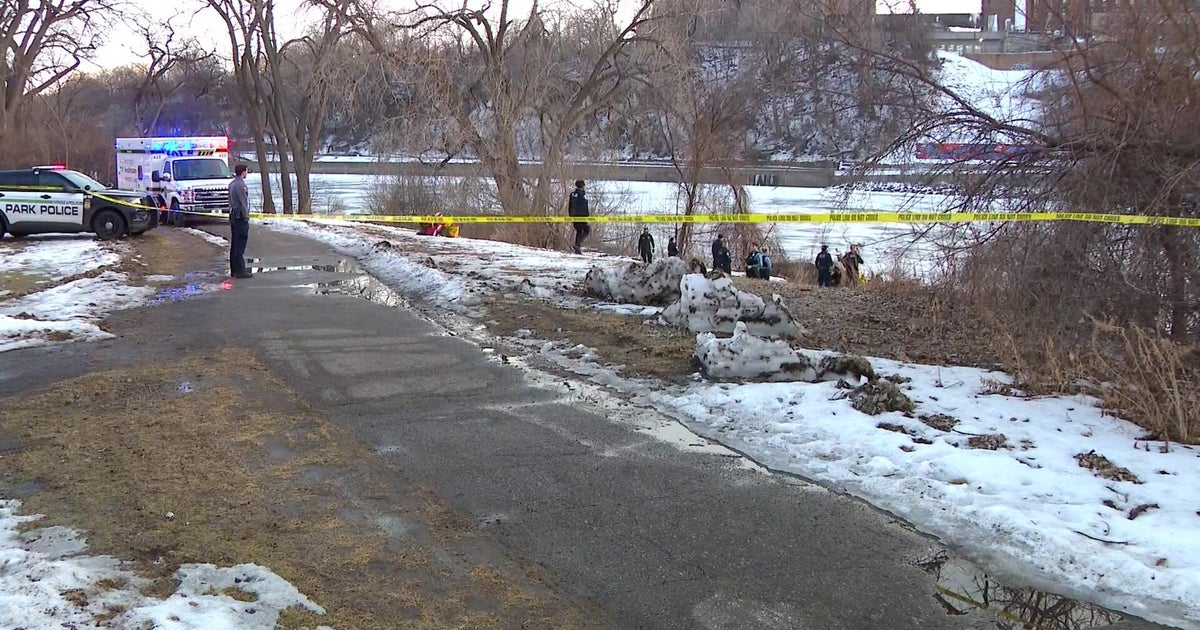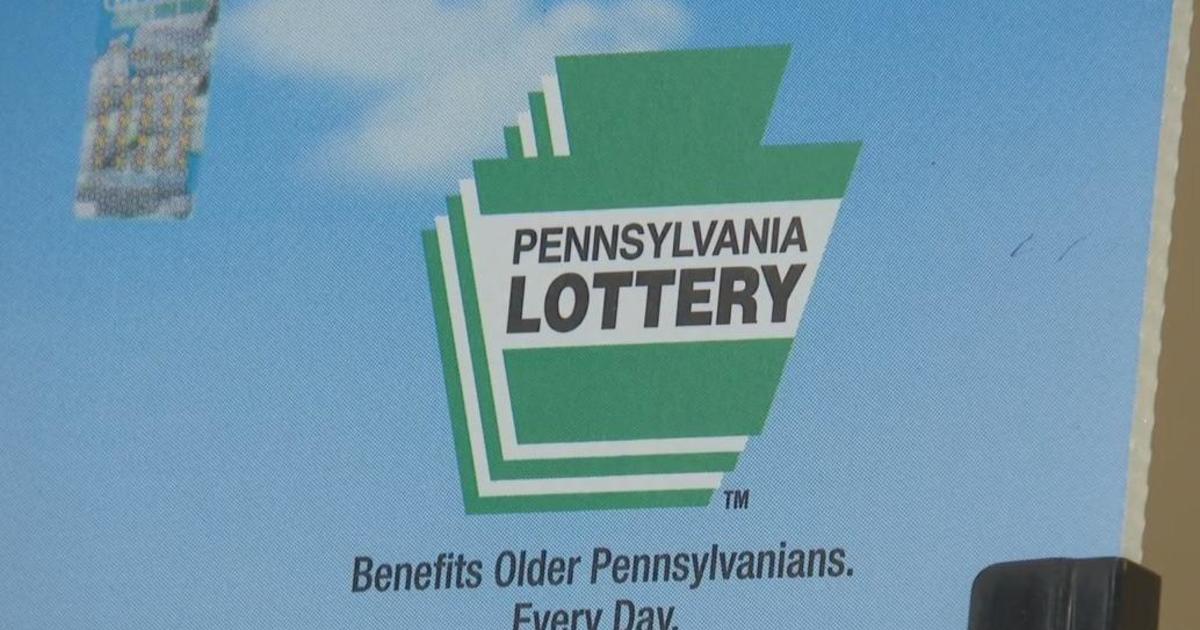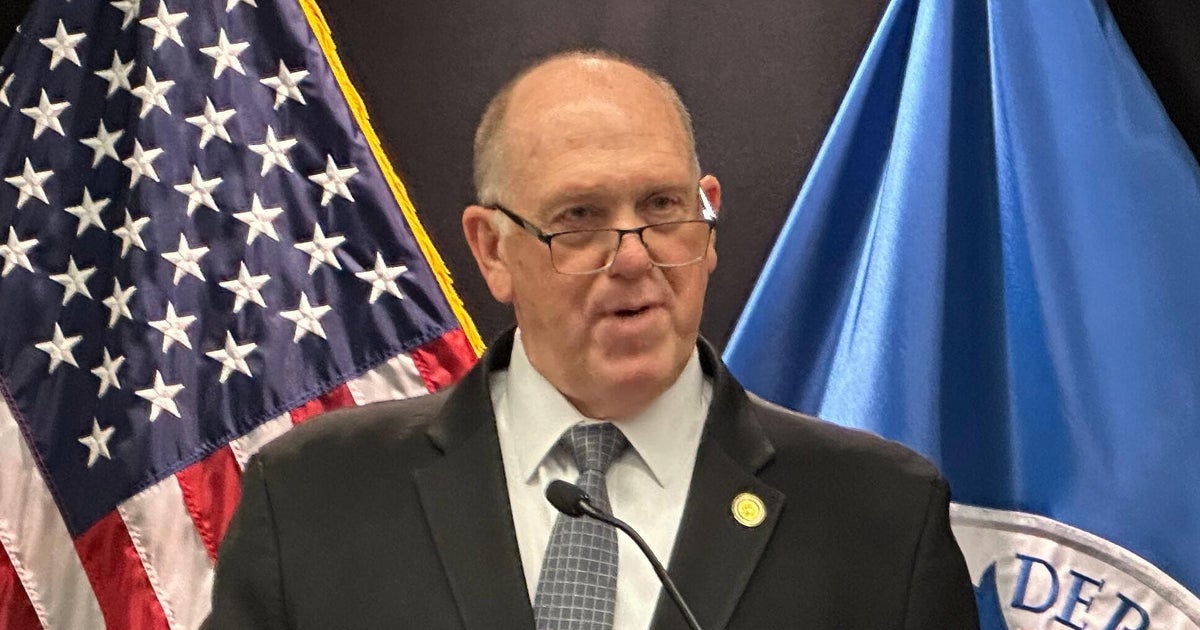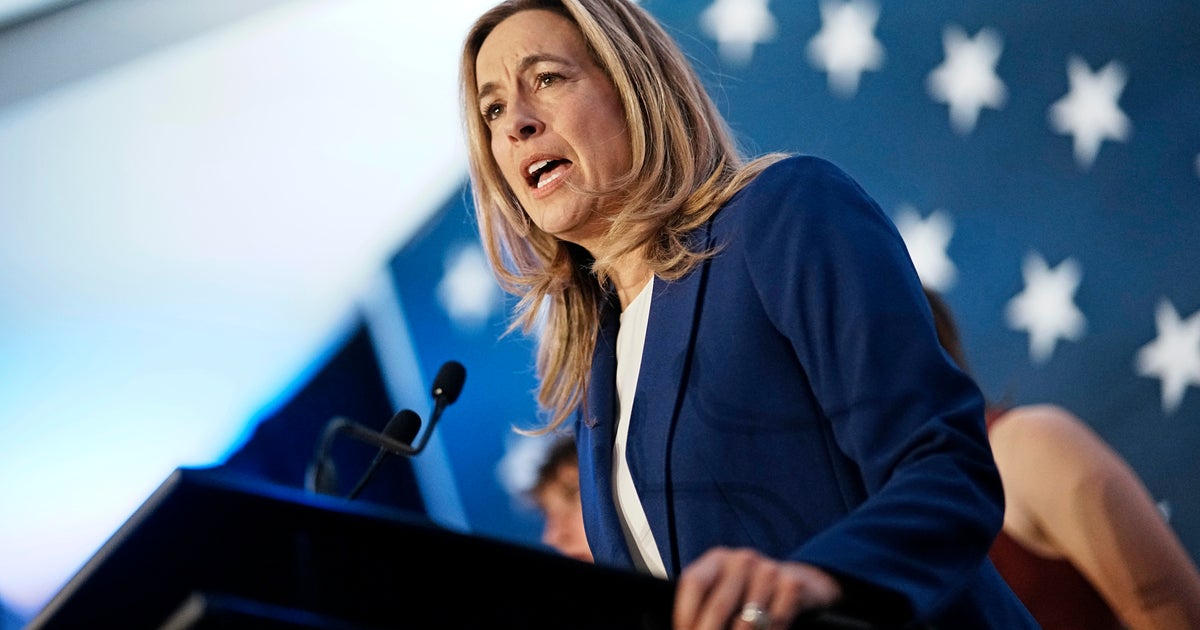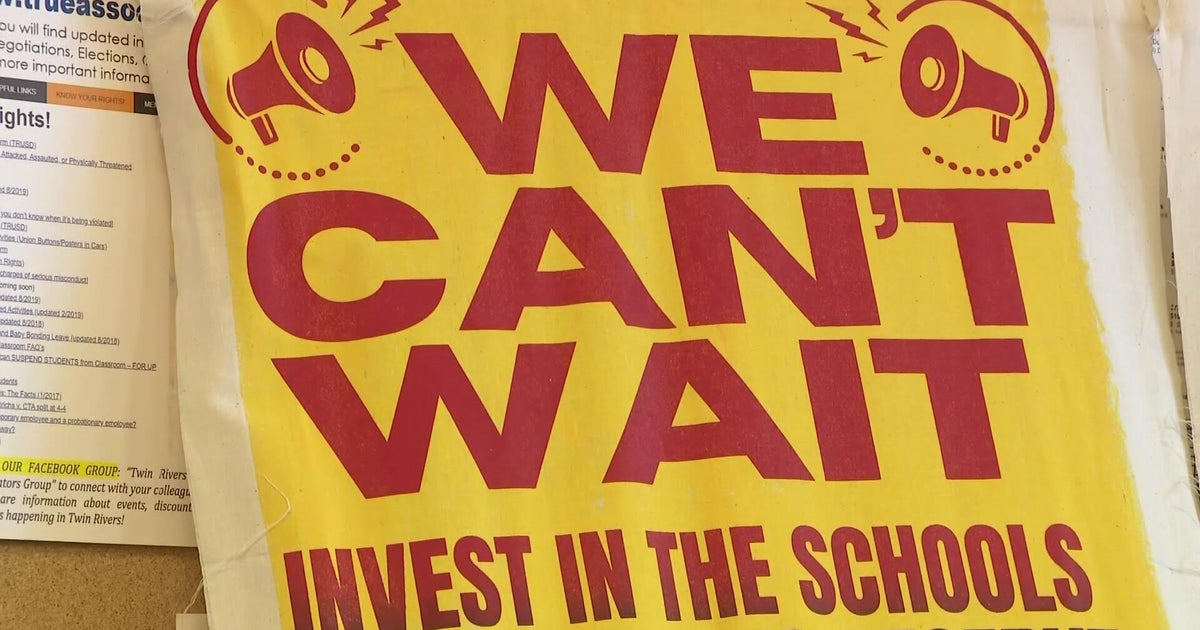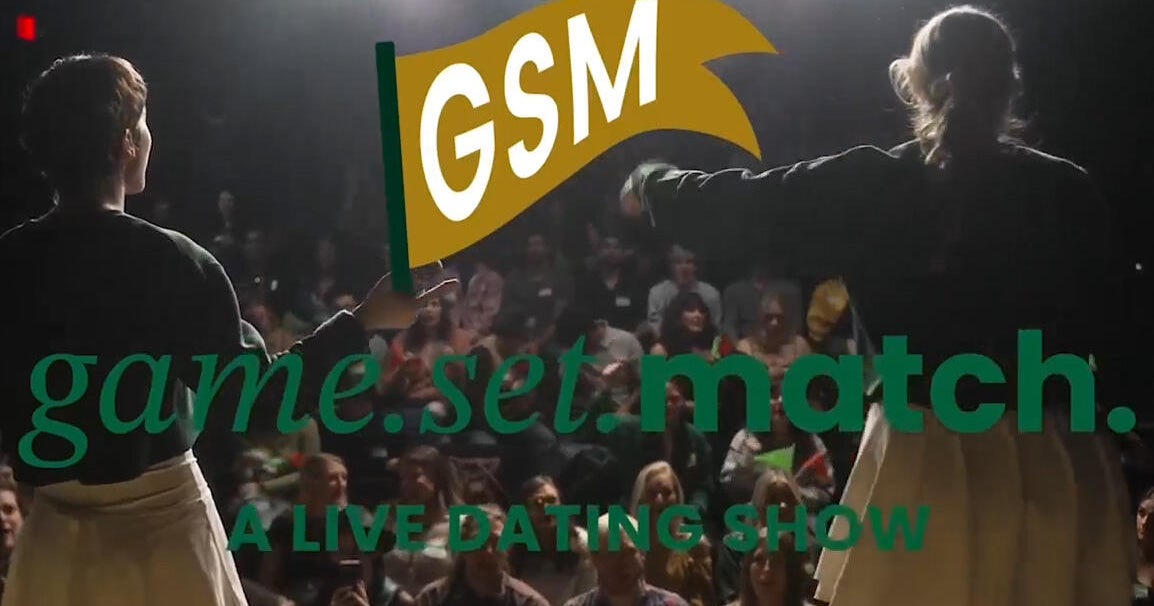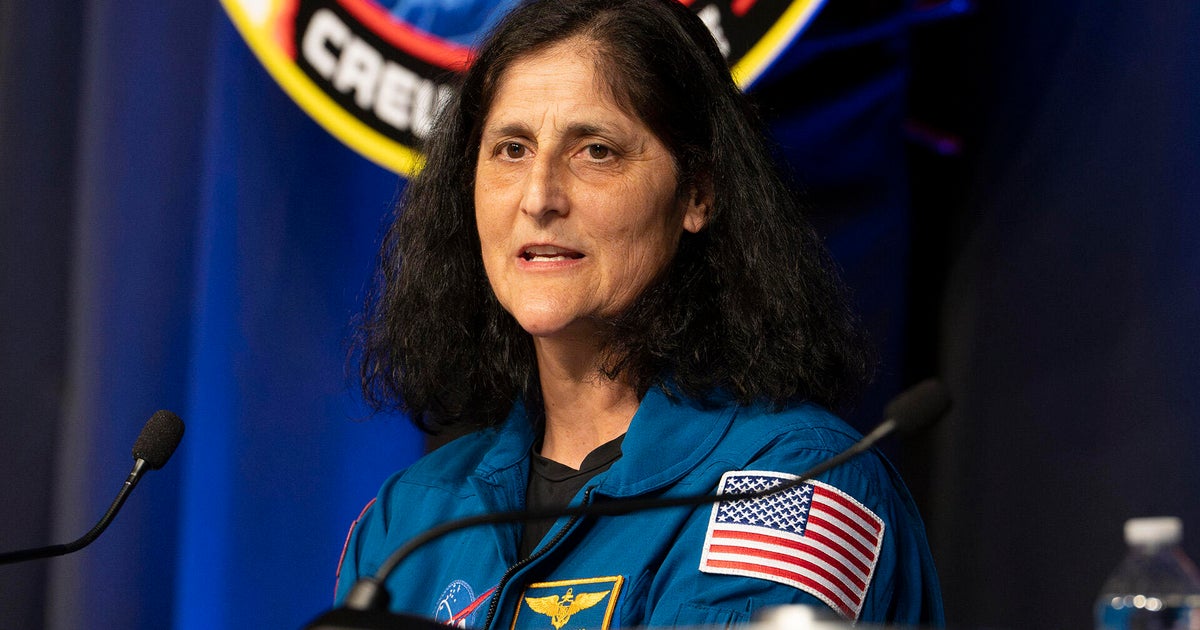Good Question: Why Can't We Bet On Games?
MINNEAPOLIS (WCCO) -- In Minnesota, you can bet on the horses, bet on a lottery ticket, and bet on slot machines at Native American casinos. But in the middle of March Madness, it's illegal to place a bet on a sporting event in Minnesota. Why can't we bet on a game?
The history of gambling in Minnesota started even before it was a state. Gambling was banned by the territorial legislature in 1851. By 1858, the gambling ban was written in to the state constitution: "The legislature shall never authorize any lottery or the sale of lottery tickets."
Over the years, legislatures and courts have tried to define what a "lottery" is, and generally gambling has expanded to catch up with what most people were already doing, according to John Williams, a Minnesota House legislative analyst in the research department. Williams wrote a history of Gambling in Minnesota in 2005.
"For nearly a century, gambling statutes faithfully carried out this stern injunction by making not just lotteries but all forms of gambling illegal," Williams wrote.
The state's first form of legalized gambling was nonprofit bingo games. That was legalized in 1945, and allowed charities, fraternal groups and other nonprofits to conduct bingo games.
Despite the ban on gambling, it happened in Minnesota prior to 1945, and it was out in the open. According to Williams, 8,000 illegal slot machines were run in Minnesota, earning around $4 million a year.
The slot machines were largely on resorts in northern Minnesota. Erv Anderson opened Bar Harbor resort in 1937 near Gull Lake. According to the resort's website, "Early revenues were generated totally from liquor sales and gambling. Technically, gambling was illegal, however, Minnesota had no laws for enforcement."
That changed in 1946, when Luther Youngdahl was "shocked by the gambling activity" happening at resorts. Youngdahl ran for Governor, and promised to ban slot machines explicitly under the law. The legislature did just that.
Pull tabs were legalized in 1978, under similar conditions as the bingo law, although the intent wasn't to make them as popular as they are now, according to Williams. "The original intent of the law allowing charitable gambling in licensed bars and restaurants... was to legalize charitable games in the clubrooms and post headquarters of fraternal and veterans organizations that held club liquor licenses. It was soon interpreted to allow organizations to rent space in bars and restaurants for placement of booths to sell pull-tabs," he wrote.
But other major changes in gambling law had to be made by the voters in referenda, because legislators didn't want to go on record voting to expand gambling.
Legalizing horse racing went to the general election voters in 1982, "The decision to seek a constitutional amendment was as much a political as legal calculation, since supporters believed that there was more support for pari-mutuel betting among the general public than in the legislature," wrote Williams.
It passed by an almost 2-to-1 margin.
The state lottery didn't come to the voters until 1988, and it passed by a large margin, 59 percent voting in favor of setting up a lottery that would direct a portion of the proceeds to an Environment and Natural Resources Trust Fund.
There have been several efforts to legalize gambling on sporting events in Minnesota. One state estimate a decade ago indicated that the state could net $250 million annually, according to Williams.
Some proposals included "state-sponsored sports lotteries or legalization and license of private bookmakers." But those efforts were stopped in 1992 when a federal law "prohibited states that did not allow or operate sports betting at the time" from adopting new sports betting schemes.
In 1994, 1995, and 2004, state legislators talked about various efforts to challenge that federal law, but none ever succeeded.
